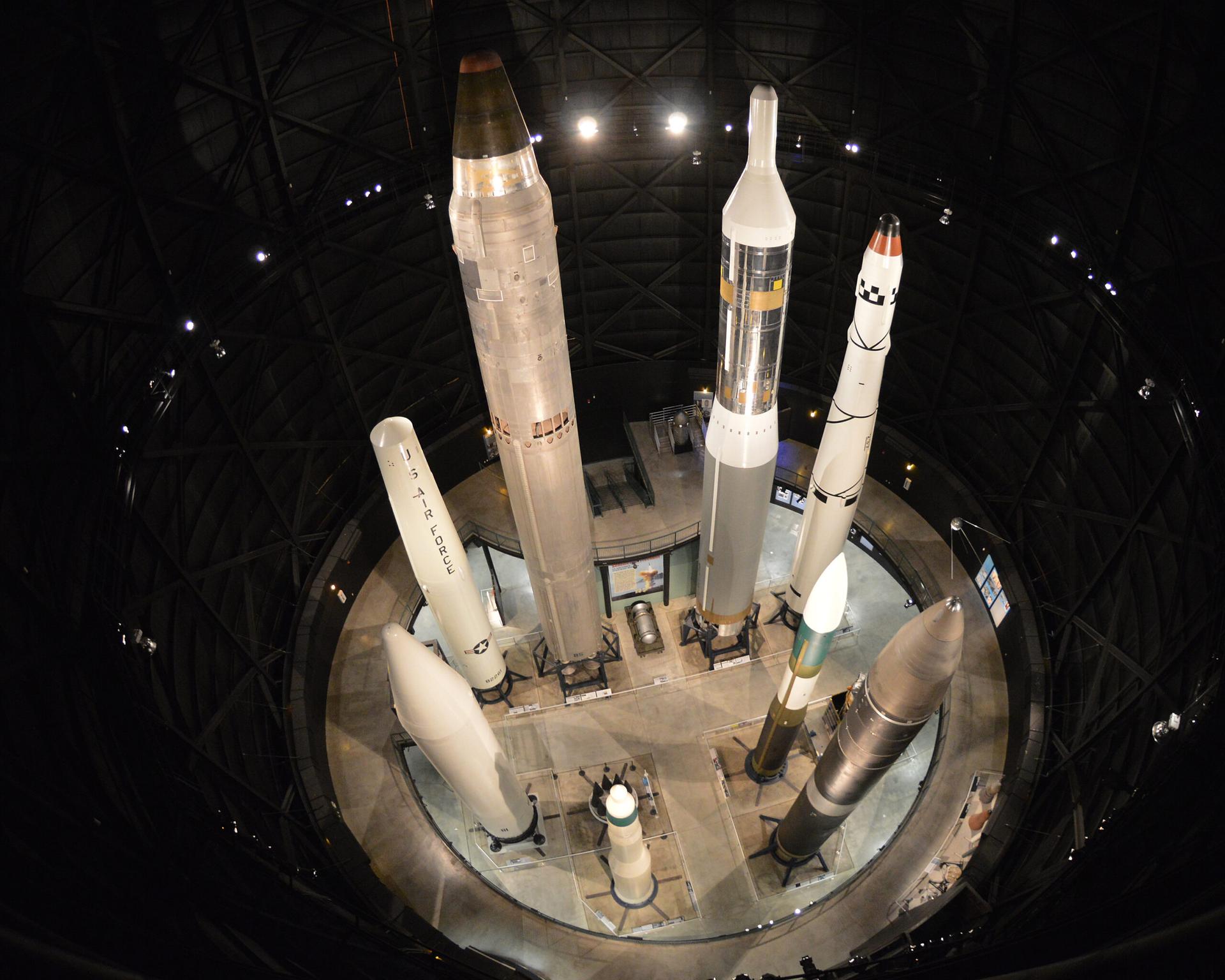YAOUNDÉ, Cameroon – Tony Magliano, a syndicated Catholic social justice and peace columnist, has warned that the world could be on the brink of a nuclear war, citing the current brinksmanship between the United States, Russia and North Korea.
He warned that the outbreak of a nuclear war will only lead to mutual destruction between the warring factions, but the impacts will be felt across the globe.
“Regarding Africa, many fewer missiles would strike African countries. But global nuclear radiation fallout would kill countless Africans,” he said.
Following are excerpts of his interview…
Crux: What are the key factors that have led to the current brinkmanship between the US, Russia, and North Korea, and how do you see this evolving?
Magliano: The current highly dangerous game of brinkmanship is rooted in U.S. and NATO’s broken promise to the former Soviet Union not to expand NATO beyond East Germany’s unification with West Germany.
Instead, NATO has absorbed the entire former Warsaw Pact group of nations – with the exception of Russia – and has given strong indications that Ukraine would probably be welcomed in NATO at some point – and in the meantime is already a quasi-member.
While I am wholeheartedly committed to the nonviolent teachings of our Lord Jesus, and wish that all of our clergy and laity would likewise be committed, I understand Russia’s legitimate sense of feeling threatened. Afterall, when in 1962, the Soviet Union placed nuclear missiles in Cuba, the U.S. (my country) responded with a naval blockade bringing the world to the brink of nuclear war. But back then there were two very reasonable men leading the Soviet Union and the United States – Nikita Khrushchev and John F. Kennedy respectively.
However, today reasonableness is not part of this dangerous equation. Instead, the U.S. and Russian leaders are playing the dangerous game of Nuclear Russian roulette – especially with the introduction of intermediate range missiles.
We urgently need to pressure our leaders to urge Presidents Biden and Putin to sit down at the negotiating table and engage in genuine dialogue. And in another venue, the U.S. and North Korea need to do the same. For as Pope Francis continues teach: War is always a defeat. Negotiations and dialogue must replace bombs. I am extremely concerned that unless this happens we could easily get sucked into a nuclear war! Or at best to have nuclear war constantly hanging over our heads.
Can you elaborate on the potential global consequences of a nuclear war, particularly in terms of humanitarian impact and geopolitical stability?
In a sentence: Nuclear war would undoubtedly bring untold massive death and destruction to humanity and the earth.
Humanitarian aid would come to stand still. And geopolitical stability would be virtually non-existent.
How do you think a nuclear conflict would specifically affect Africa, considering its current vulnerabilities and lack of anti-nuclear defense systems?
First of all, there is no defense against a nuclear war. The whole world is vulnerable – especially NATO nations and Russia. Many, many missiles would escape any defense system thus hitting hundreds of targets.
Regarding Africa, many fewer missiles would strike African countries. But global nuclear radiation fallout would kill countless Africans. Plus the nuclear winter that would follow a full-blown nuclear exchange would make agriculture all but impossible for at least the first few years. This would cause massive starvation in Africa and throughout most of the world.
What role can African nations play in advocating for nuclear disarmament and promoting global peace?
African nations can play a major role at the United Nations and other world forums by consistently, persistently advocating for the abolition of all nuclear weapons. One of the main ways is for each African nation to continue urging all nations in Africa and worldwide to ratify the Treaty on the Prohibition of Nuclear Weapons (see: https://disarmament.unoda.org/wmd/nuclear/tpnw/). African nations can strive to make Africa a nuclear free continent. And individual African countries can develop peace studies programs at all levels of education.
In your view, what steps should the international community take to de-escalate tensions and prevent the outbreak of nuclear war?
The international community can pressure financial institutions to stop loaning money to weapons manufacturing corporations – especially to nuclear weapons manufacturers. And the international community can urge the nine nuclear powers to take all nuclear weapons completely off “launch on warning” or “hair-trigger” alerts and to pledge no first use of nuclear weapons until there is total nuclear disarmament. And ongoing arms control — especially nuclear arms control — must be established in a most serious way asap!
How can ordinary citizens contribute to the efforts of promoting peace and preventing nuclear conflict on a global scale?
Ordinary citizens can and should persistently lobby their national government representatives, and heads of state, to urge the nuclear powers to begin to seriously engage in – with U.N. monitoring – multilateral nuclear disarmament and to ratify the Treaty on the Prohibition of Nuclear Weapons. Clergy persons should regularly preach on this. And educators should work peace studies into all levels of education. And of course, most importantly, we need to pray for disarmament and total world peace. Such prayers should be always included in the Prayer of the Faithful at all Masses.















